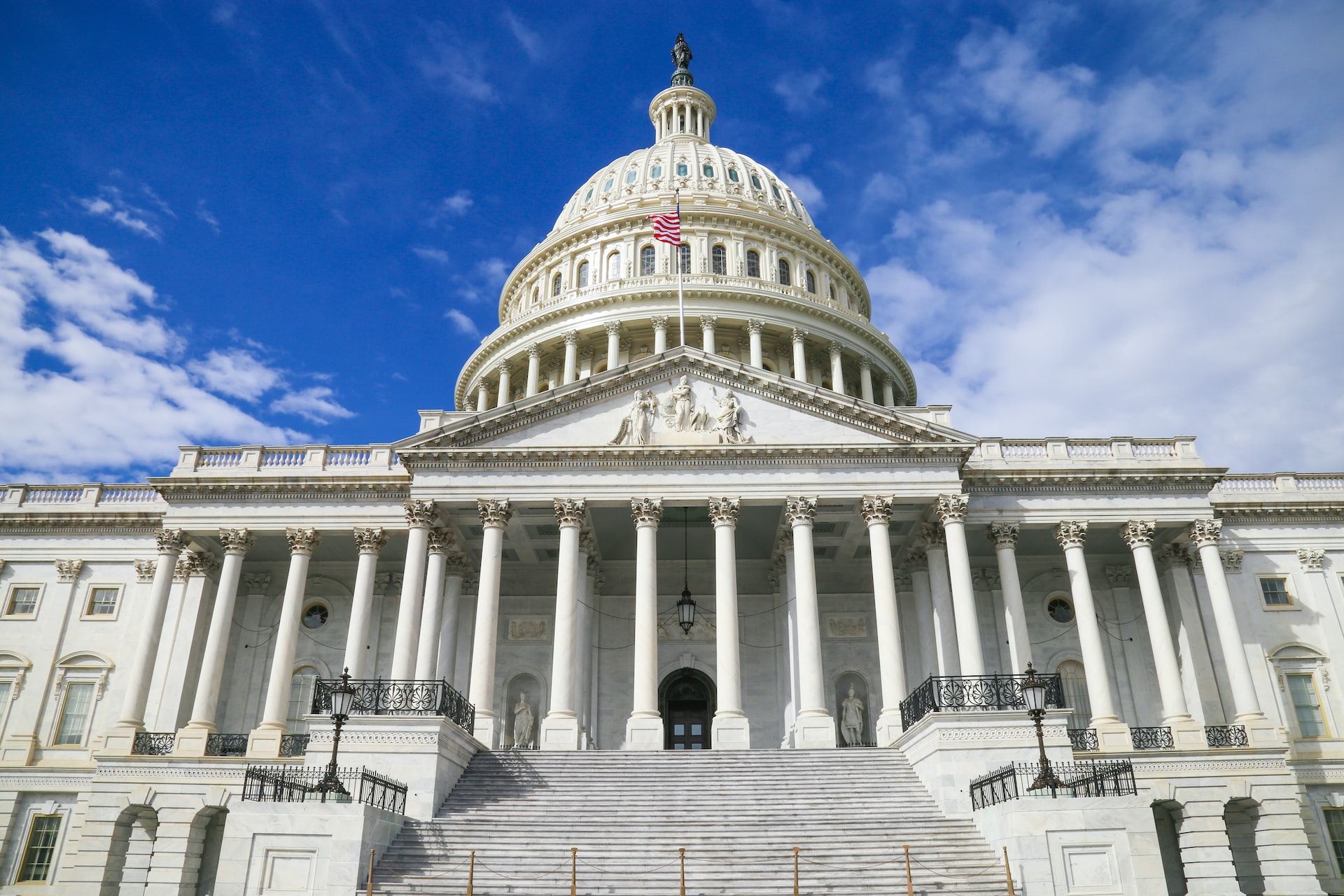Capitol Correspondence - 09.20.22
U.S. Senate Passes Resolution Recognizing Direct Support Professionals Recognition Week

Share this page
Stay Informed on the Latest Research & Analysis from ANCOR
More News
Capitol Correspondence - 07.08.25
DOL Withdraws Rule to Phase Out Subminimum Wage Certificates
Capitol Correspondence - 07.08.25
Department of Labor Proposes Rescinding Covid-19 provisions
Stateside Report - 07.07.25
Stateside Report: July 07, 2025


